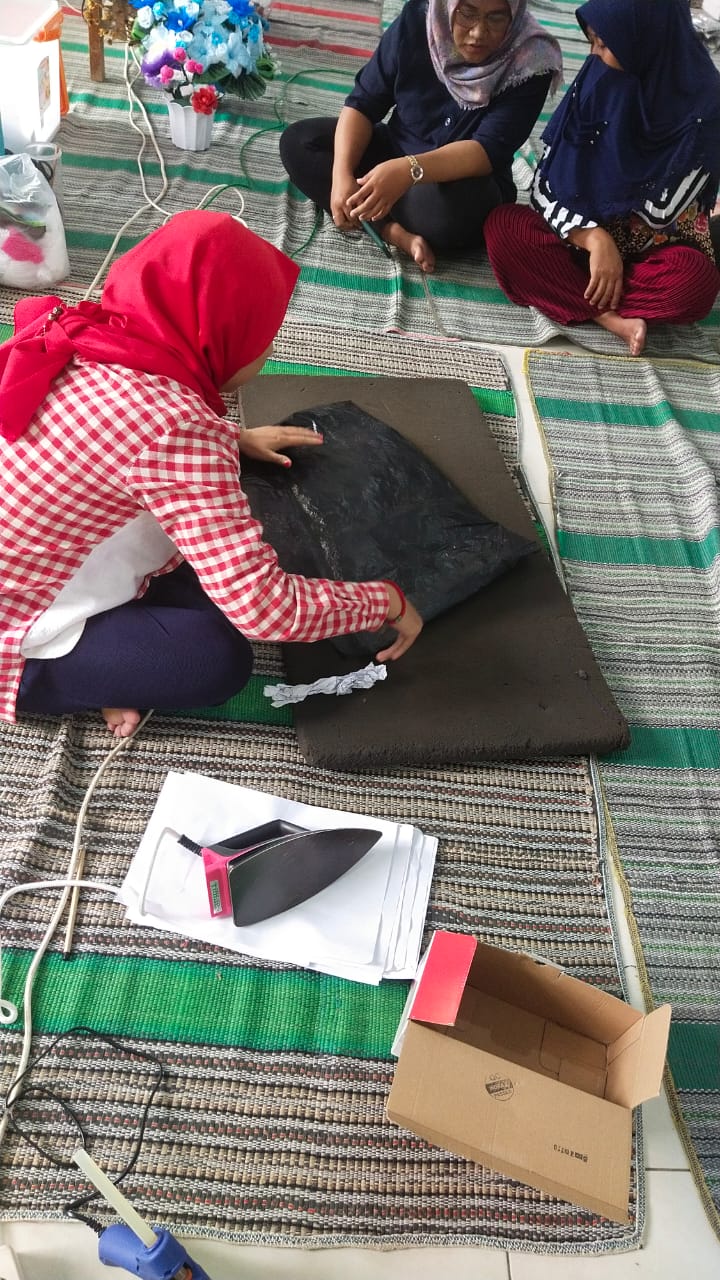Human activities today are growing and increasing sharply, such as the increase in population and various economic activities, ranging from industrial activities, and trade. Kandri Village is growing economically as a regional tourist destination, with its main objects being Kreo Cave, Jatibarang Reservoir, and Tourism Village Homestay. However, these tourism activities have a negative impact in the form of increasing the amount of waste produced, plus waste from the domestic activities of the surrounding community. The most common types of waste found include plastic and its derivatives. Unwise waste management will have bad consequences for the environment and aesthetics that will be detrimental if not handled properly. The community service team from the Aquatic Resources Management Study Program, Faculty of Fisheries and Marine Sciences-Undip, consisting of Churun Ain, Siti Rudiyanti, Anhar Solichin, and Frida Purwanti through funding sources other than the 2022 State Budget, provides education and assistance in waste management with the principles of 3 R (reduce, reuse, and recycle). Plastic waste generated from tourism and domestic activities is transformed into decorations and souvenirs. Not only plastic, but other materials such as stereoform, straws, and masks can also be used to make value-added items such as flower arrangements. The women of the Sukomakmur Tourism Awareness Group (POKDARWIS) as tourism activists in Kandri Village were very enthusiastic about participating in this assistance, Mrs. Mia, a member of Churun A’in added that “This kind of service is very useful and hopes that the assistance can be carried out continuously and sustainably. to acquire plastic skills and can be used as opportunities to increase income and improve the family economy.”
The Community Service Team from the Aquatic Resources Management Study Program assists the Kandri-Jatibarang Community to utilize Plastic Waste
by admin | Jun 3, 2022 | News, Research & Community Services




